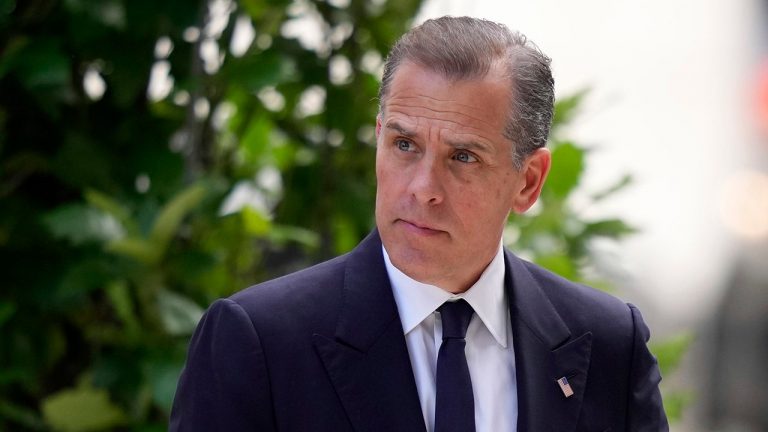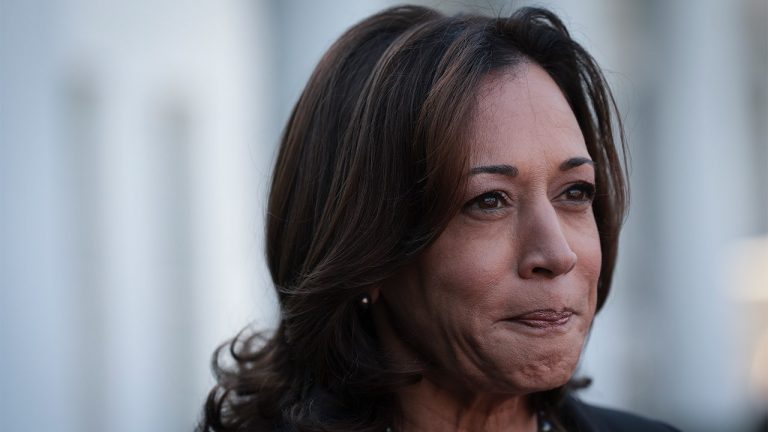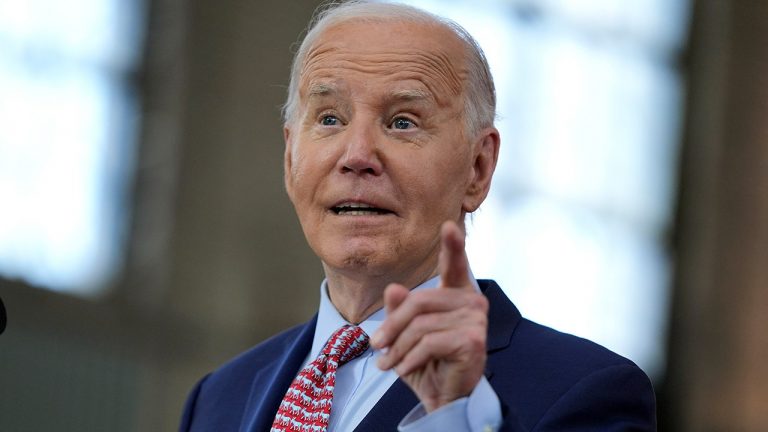Critics say long-serving Georgia congressman is too old for re-election.
U.S. Rep. David Scott is currently facing several Democratic primary opponents as he seeks a 12th term in Congress. The 78-year-old is looking to secure renomination in the suburban Atlanta district, where early voting has already begun prior to the May 21 primary elections. Despite the challenges posed by his rivals, Scott is focusing on his campaign and aiming to maintain his position in the political landscape.
The criticisms directed at Scott reflect broader concerns within the Democratic party, including doubts about President Joe Biden’s age and purported disconnection from younger voters. This scenario highlights the recurring theme of longstanding members of Congress continuing to hold office even as they age, a narrative that unfolded dramatically last year with the complications surrounding California Senator Dianne Feinstein’s health.
However, the concerns about Scott’s health and age may not be as impactful as some observers suggest, according to Andra Gillespie, a political scientist at Emory University. While such issues are discussed within political circles, they may not have resonated widely among the electorate.
The recent redrawing of Georgia’s congressional map has added to the complexity of the race, leaving many voters confused about the district’s boundaries. In the wake of a judicial ruling overturning the previous map as racially discriminatory, a new map was approved, resulting in significant shifts in district lines. Scott’s 13th District has been expanded to include Rockdale County, as well as portions of Newton and Gwinnett counties.
The confusion among voters is evident, with many residents in Rockdale County unaware that Scott now represents their congressional district. For instance, Beverly Dotson of Conyers noted that while she knows of Scott’s tenure in Congress, there remains a lack of detailed knowledge about him.
Scott’s campaign has deployed billboards and signage across the district, though the incumbent himself has maintained a low profile, eschewing public appearances. Criticism from Democratic opponents has mounted, with some pointing to Scott’s absence from a scheduled Atlanta Press Club debate as emblematic of his alleged neglect of his duties.
One of Scott’s opponents, Marcus Flowers, gained national attention during his 2022 congressional bid against Republican Marjorie Taylor Greene. Flowers, a veteran and former military contractor, is now challenging Scott, citing the incumbent’s reliance on corporate and PAC donations as a barrier to addressing local needs. Flowers’ campaign aims to continue the fight against extremist elements in politics.
Despite Flowers’ fundraising prowess in previous races, Scott has significantly outpaced him in fundraising for the current contest. The incumbent has also drawn support from former East Point City Councilmember Karen René, who emphasizes community engagement and economic development in her platform.
Other challengers, such as Brian Johnson and Mark Baker, are positioning themselves to Scott’s left, criticizing his bipartisan approach and advocating for progressive causes. The primary also features candidates like Rashid Malik and Uloma Kama, each bringing distinct policy priorities to the race.
If no candidate secures a majority in the upcoming primary, a runoff will be held on June 18. The Democratic nominee will then face the winner of the Republican primary, either Jonathan Chavez or Johsie Cruz Fletcher, in the general election.
While Scott has not responded to requests for an interview, his wife and campaign advisor, Alfredia Scott, expressed confidence in her husband’s qualifications and experience, asserting that he remains the best choice among the contenders.
In conclusion, the Democratic primary in Georgia’s suburban Atlanta district presents a dynamic contest with multiple candidates vying for the opportunity to represent the party in the upcoming election. As voters navigate a reconfigured political landscape, the outcome of the primary will set the stage for a competitive general election campaign.








